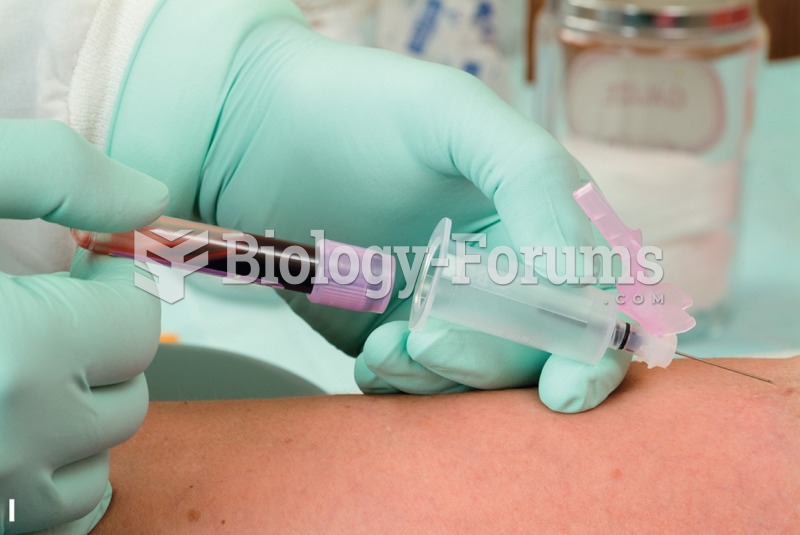|
|
|
Eat fiber! A diet high in fiber can help lower cholesterol levels by as much as 10%.
Cytomegalovirus affects nearly the same amount of newborns every year as Down syndrome.
On average, someone in the United States has a stroke about every 40 seconds. This is about 795,000 people per year.
A cataract is a clouding of the eyes' natural lens. As we age, some clouding of the lens may occur. The first sign of a cataract is usually blurry vision. Although glasses and other visual aids may at first help a person with cataracts, surgery may become inevitable. Cataract surgery is very successful in restoring vision, and it is the most frequently performed surgery in the United States.
Hypertension is a silent killer because it is deadly and has no significant early symptoms. The danger from hypertension is the extra load on the heart, which can lead to hypertensive heart disease and kidney damage. This occurs without any major symptoms until the high blood pressure becomes extreme. Regular blood pressure checks are an important method of catching hypertension before it can kill you.







